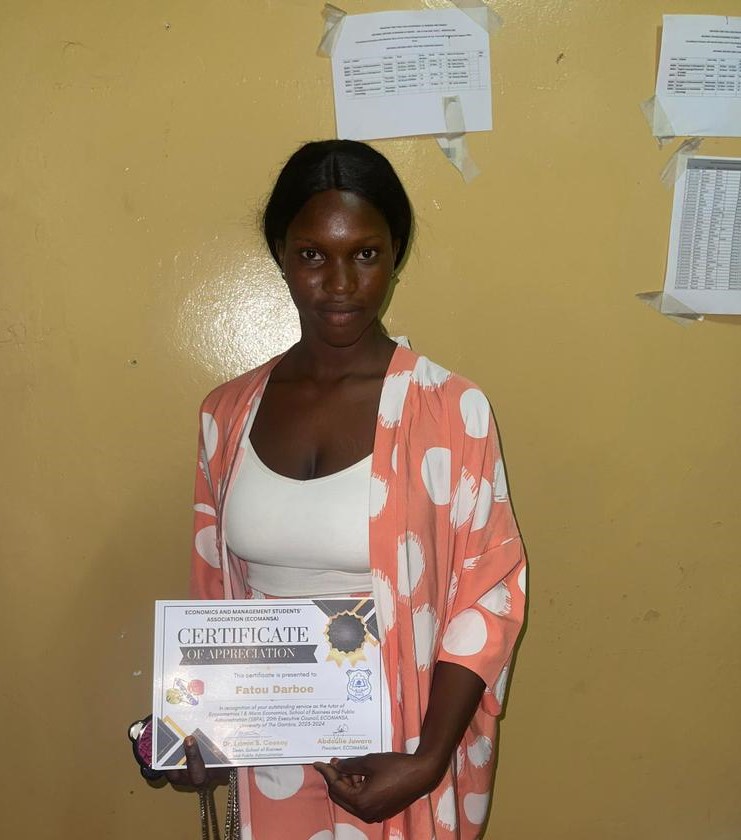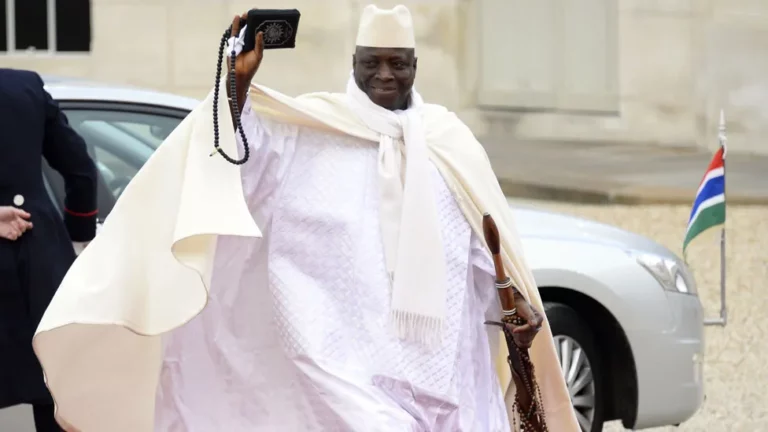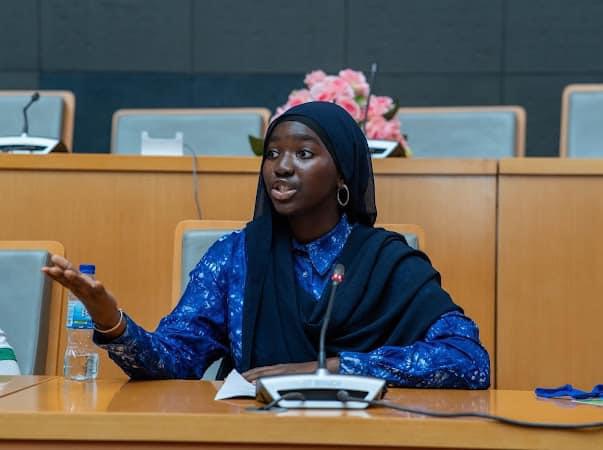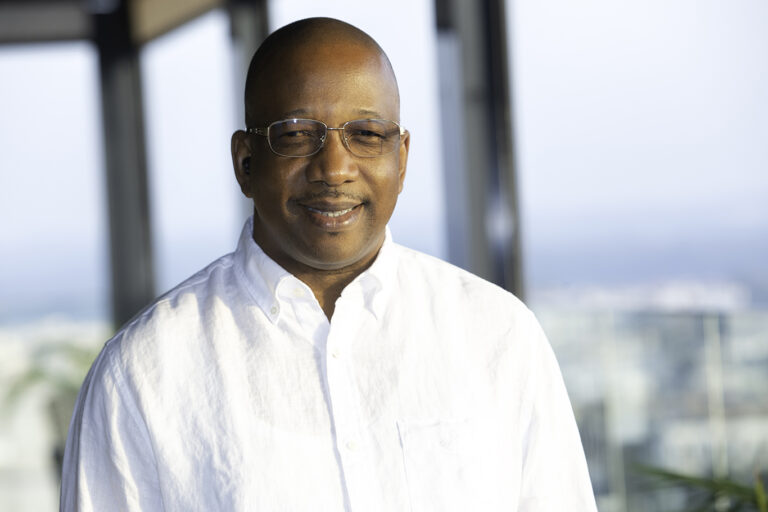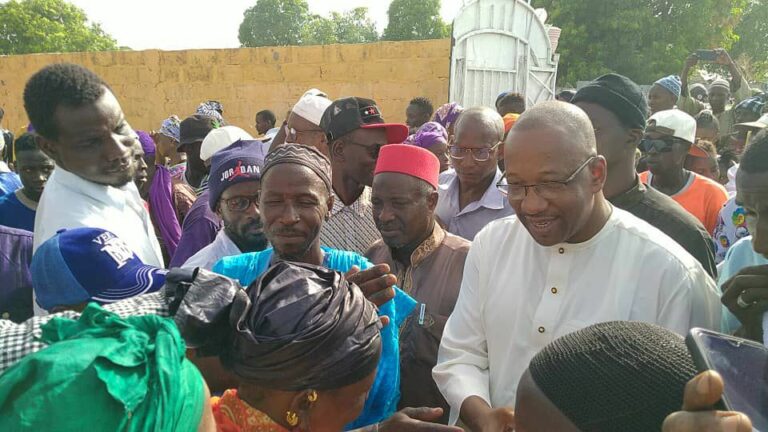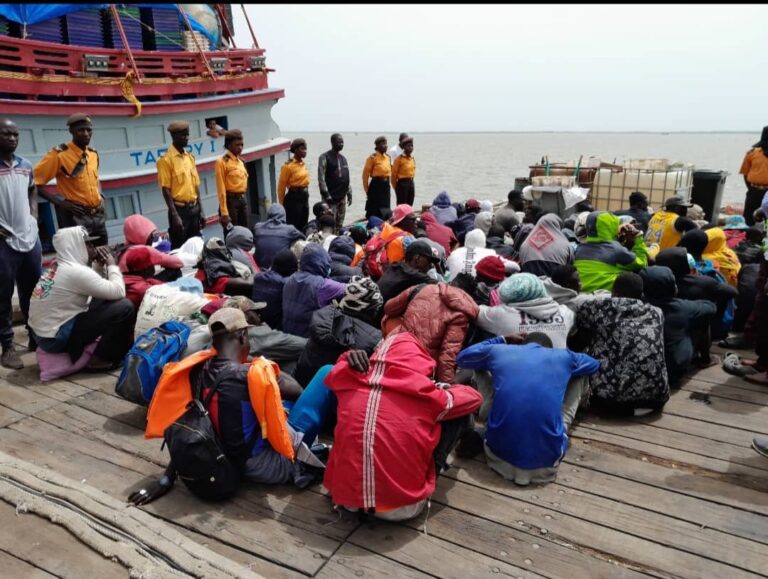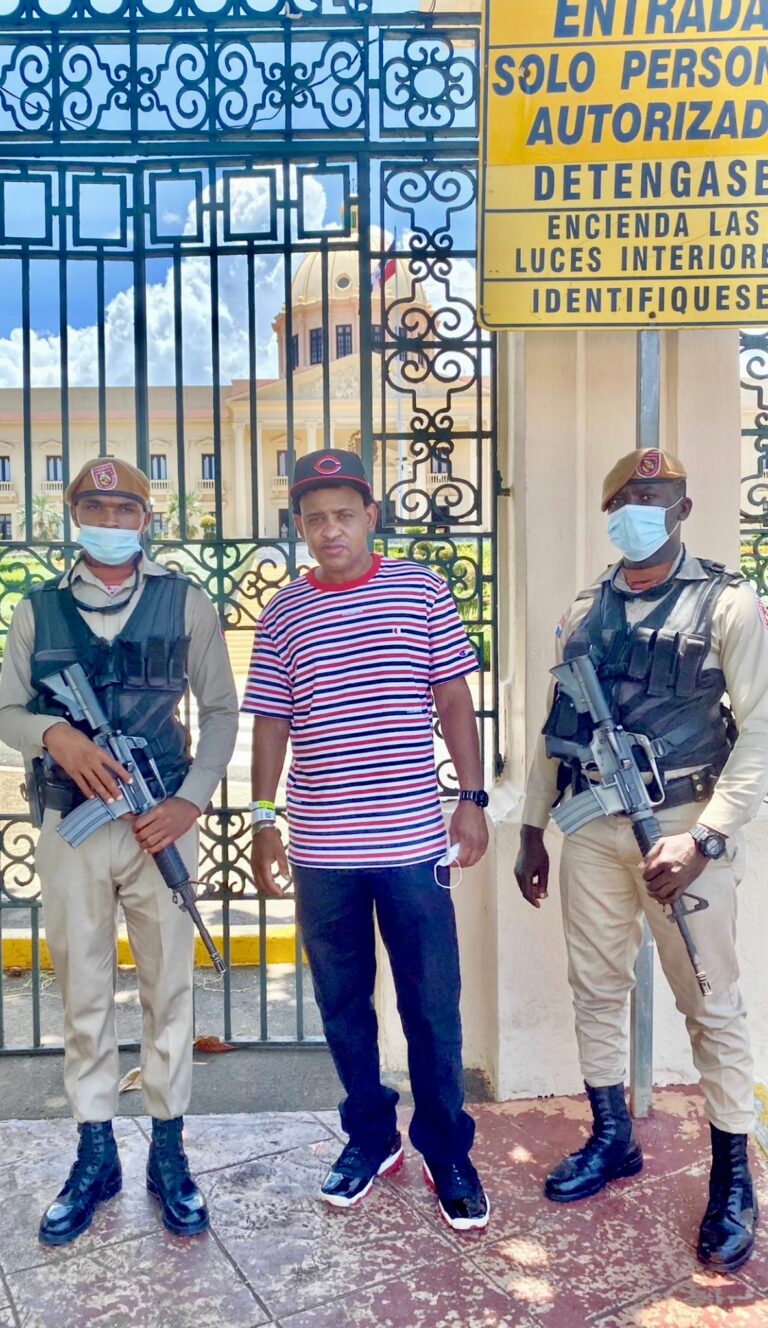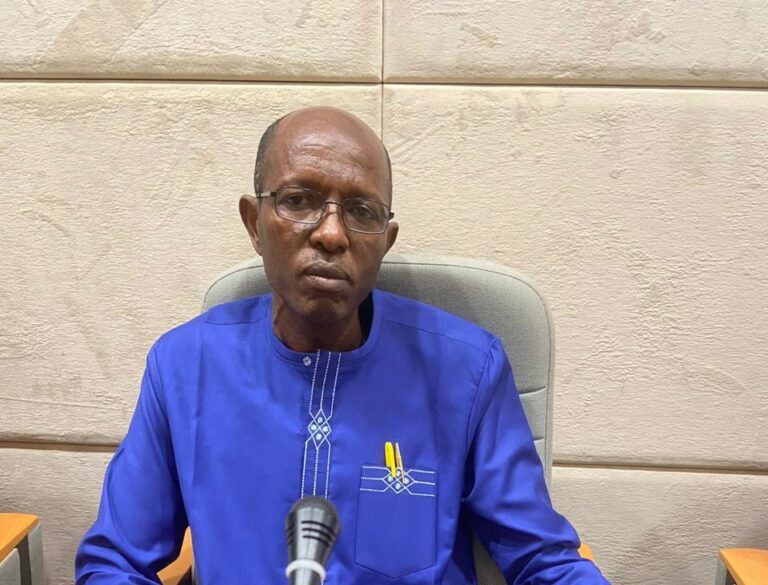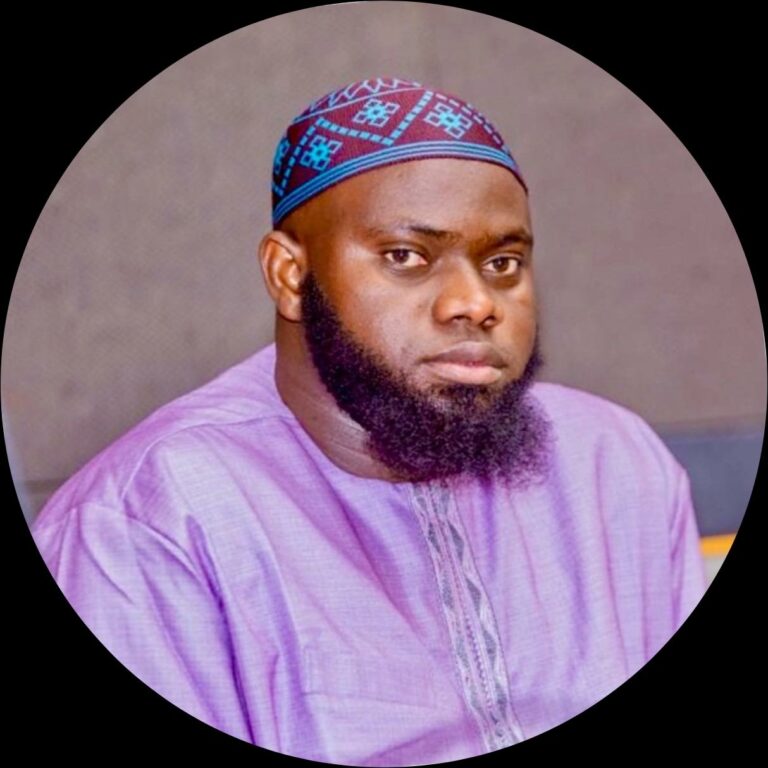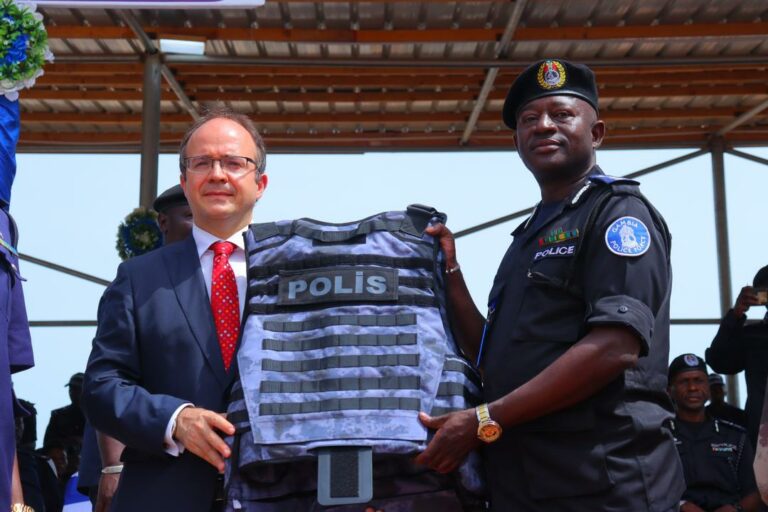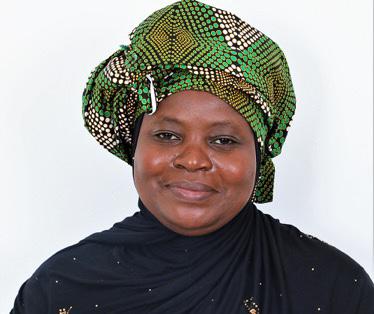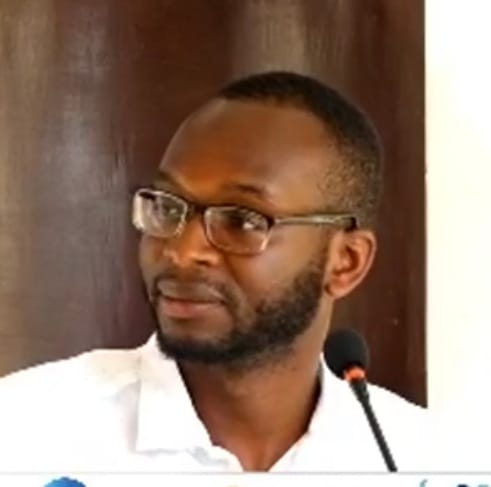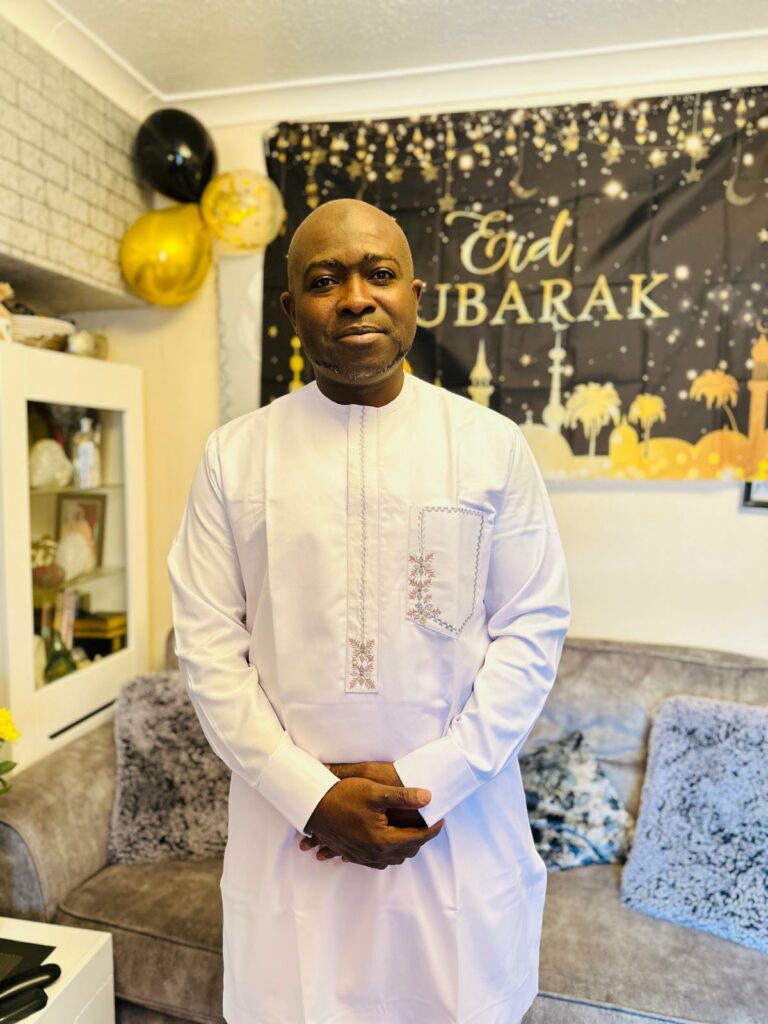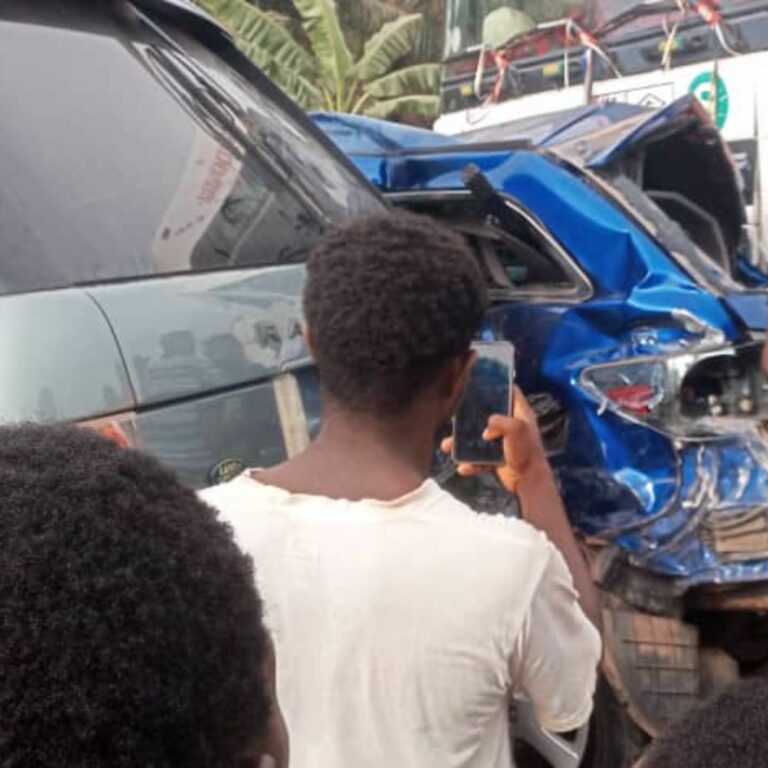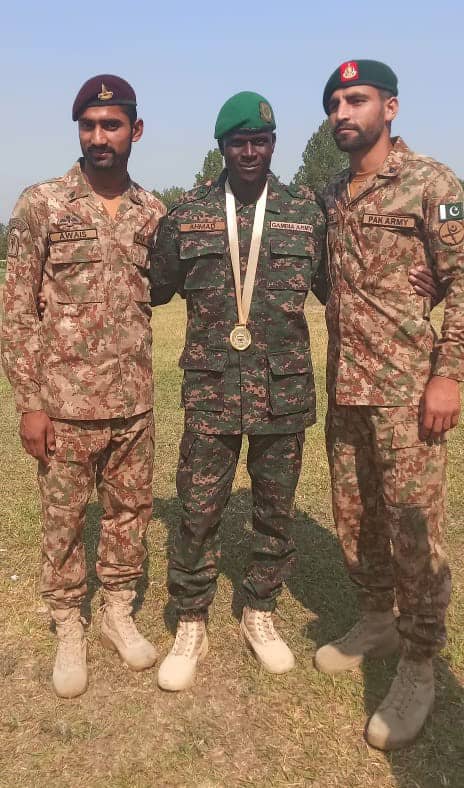TRAVEL
REFLECTIONS
Struggling With Patience? Be A Traveler.
By Cherno Baba Jallow
‘’So, what were you doing in England?” The Dutch immigration official asked me. This was back in 2007. I had arrived at the Schipol International Airport in Amsterdam from Birmingham, UK. It was meant to be a layover, but it turned out that my connecting flight back to the US had been cancelled. The plane had a mechanical issue; so, we needed to spend the night.
Northwest Airlines, absorbed into Delta Air Lines, Inc. in 2008, had provided us all free hotel accommodation away from the airport, in the city. All of my fellow passengers were processed and allowed entry into Amsterdam. I saw them leave and board the buses bound for the hotel.
I was the last one at the immigration counter. Since I was a US Green Card holder, I needed a temporary visa to be able to go to my hotel. I thought this was going to be a simple matter. But it turned into a nightmare for me. For some reason, the Dutch immigration official handling my case, wasn’t sure of me or how to handle my matter. He got on the phone and called somebody. His boss.
‘’Did you pack your own suitcases?,’’ the boss asked, after arriving from another office. The questions multiplied: ‘’Did somebody help you?.’’ ‘’How did you get your Green Card?.’’ ‘’What do you do in the US?’’
And then this: ‘’Could you please remove your hat?’ I hesitatingly obliged, taking off my Chicago White Sox fitted hat. ‘’We need to take your photo,’’ the immigration official said, much to my shock.
Look. I was already seething with rage. Managing me at this point was akin to managing a volcanic eruption. All this for what? For a mere 24-hour visa? At this point, I was already considering forgoing the comfort of a hotel bed. Forget it. My dignity mattered. I thought I would be better off sleeping on one of these wooden benches inside the airport than go through all this hassle at the hands of some tactless immigration officials.
After about an hour, and perhaps long after my fellow passengers had had their showers and meals, I was finally granted a visa. I remember thinking about my ordeal during the bus ride to the hotel. I thought I had been profiled. This was racism, warts and all.
In the previous year in 2006, the immigration officer at the London Gatwick Airport in the UK bluntly told me, ‘’you are stateless.’’ A stateless is a person ‘’not recognized as a citizen of any country.’’ I was born in The Gambia but was a political asylee in the United States.
The officer beckoned me to an office where a colleague of his subjected me to a series of questions about my immigration status in the US, about my US-issued Travel Document, given to refugees in the US to enable them freely travel in and out of the country. It took me a good while before I was allowed into London.
Last year, the immigration officials at the Luis Munoz Marin International Airport in San Juan, Puerto Rico, in the Caribbean, pulled me and my luggage to the side upon arrival from The Dominican Republic. I flew in there because I had a six-hour wait for my connecting flight to the American mainland.
‘’What were you doing in The Dominican Republic?,’’ the official asked me. ‘’Why did you choose The Dominican Republic?.’’ ‘’Who helped you pack your luggage?’’
My luggage was screened and physically searched. I was the last one in my flight to leave the immigrations.
Unlike my experience in Amsterdam 17 years ago, I didn’t lose my cool in San Juan. I have gotten older, wiser and more experienced as a traveler. Some of these hassles don’t faze me anymore. I no longer recoil at them. Rather, I accept them as inescapable realities of the traveling experience.
I remember what international travel was like pre/911. So simple. Airport screenings hardly got your danders up. They let you through the gates with ease. It was like being given a pass and allowed into the Columbus Zoo and Aquarium in the US state of Ohio —- a thrilling and curiosity-propelled escapade awaiting on the other side of the gates.
But the US terrorist bombings of September 11, 2001 changed everything. Airport screenings got tighter and slower. Passengers submitted to new rules, like: they must show ID and the name must match the one on the plane ticket, they must remove their shoes and outwear at the check point, all their baggage including carry-ons must be checked in, only they (ticket holders) are allowed at the plane gate vicinity, they must arrive 2-3 hours prior to an international departure. Traveling took a turn for the inconvenient. It became a hassle, an exercise in mental fortitude.
But traveling has always demanded a certain level of tolerance from us. It’s one of the few human activities that can teach you how to overcome frustrations and manage expectations. Think about the long queues at airports or the long waits for connecting flights or the abrupt flight delays or cancellations or the car breakdowns or uncertain bus, train and ferry services. You have no other choices but to accept reality and deal with the situation at hand. You learn to be patient.
In travel, like all other human endeavors, there are inevitabilities and then there are serendipities. Some things happen expectedly —- there is a certain forethought to them. Other things happen randomly, triggering resentment and disbelief. ‘’Traveling,’’ Ibn Battuta, the great North African chronicler of societies and conqueror of distances during the 14th Century, wrote, ‘’leaves you speechless, then turns you into a storyteller.’’

